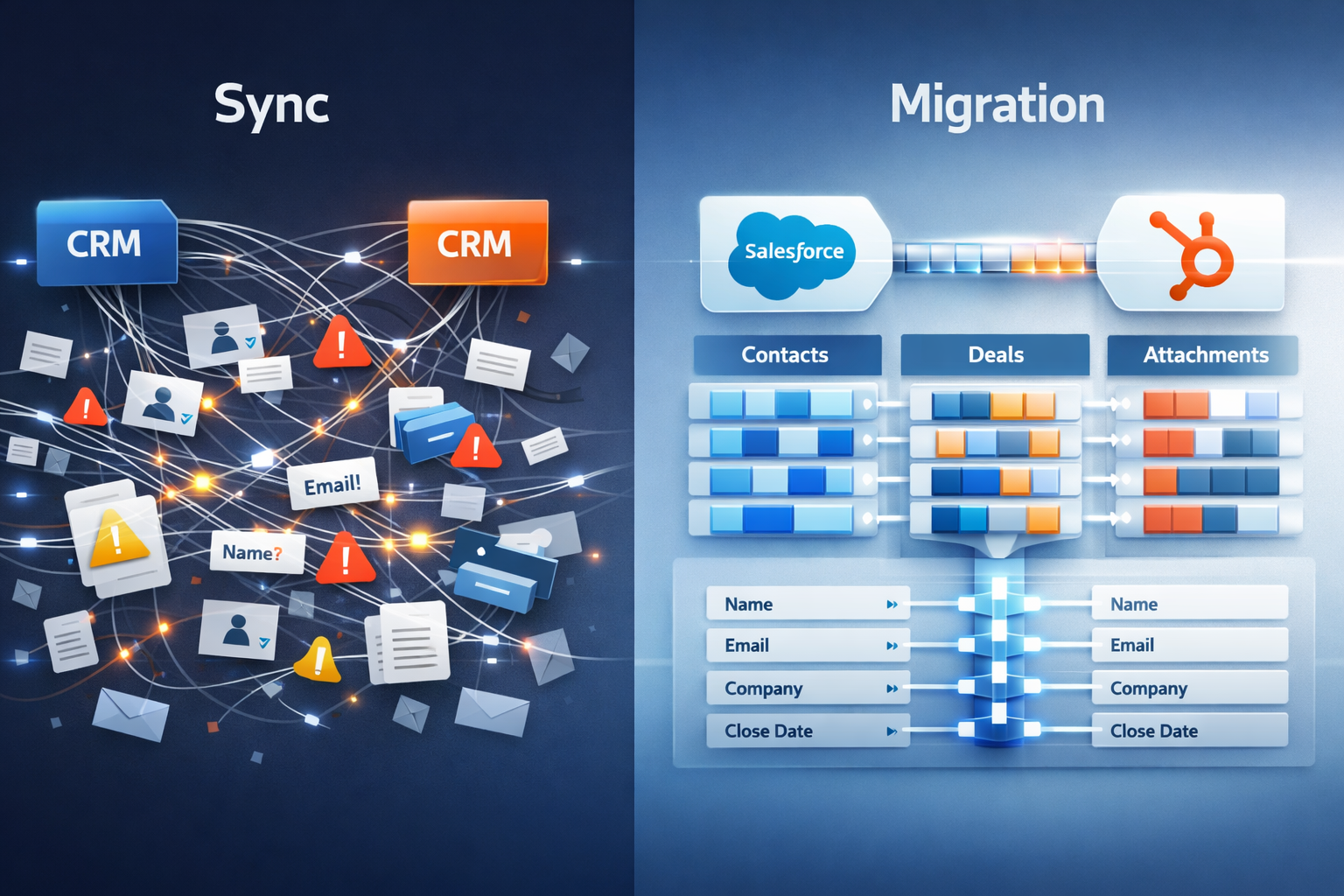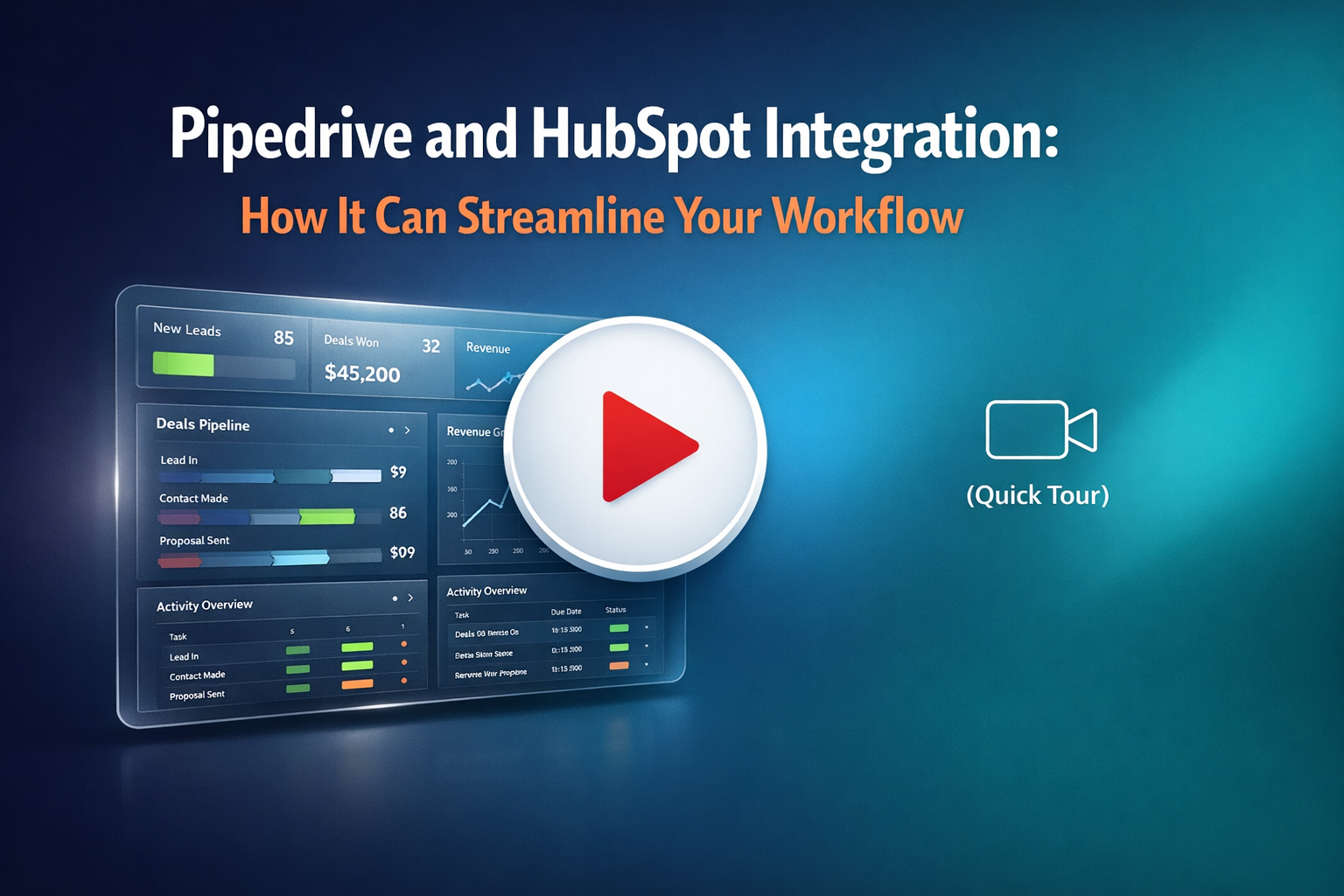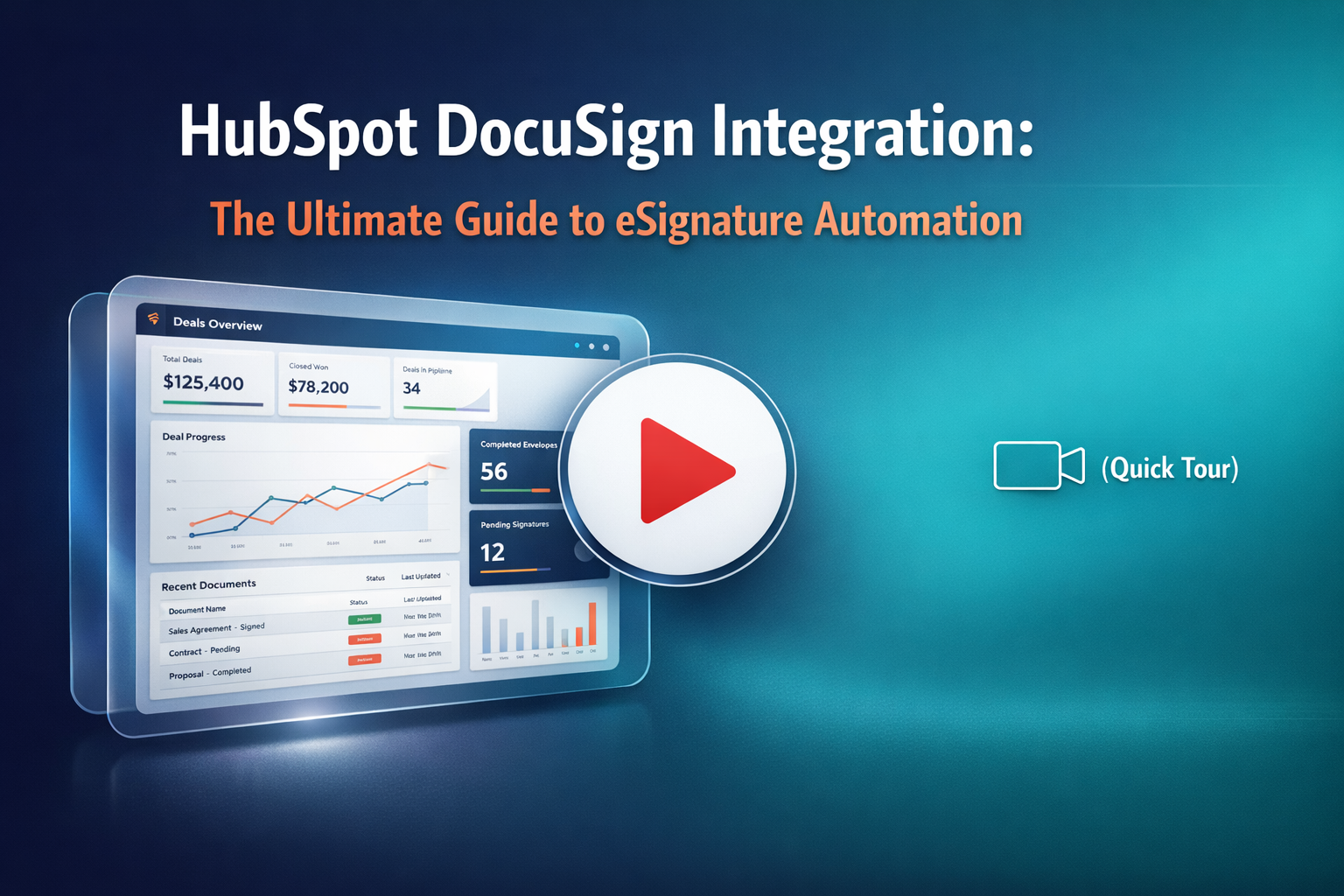If so, with HIPAA, pertinent questions are always on your mind, like how much a medical app costs or the average price of HIPAA compliant software. This article will look at questions associated with rules for HIPPA compliance software, define HIPAA, and have a HIPAA Complaint Database Hosting.
What Is HIPAA?
In 1996 the United States passed legislation under President Bill Clinton known as the Health Insurance Portability and Accountability Act (HIPAA). The act is an effort to warrant the privacy of an individual’s medical data and to safeguard it. The required features in a HIPAA app have often made the cost of HIPAA compliant software more than developing regular software.
So, whether you are a healthcare software developer, a service provider, or in the healthcare business, you have to adhere to HIPAA. Anyone who invests or operates in the healthcare sector and fails to follow the HIPAA rules correctly will result in fines and unfavorable consequences. Also, as a developer or service provider, you have to remember that the HIPAA app development price could be high.
Now that we have an idea of HIPAA, let’s look into the HIPAA database hosting, its advantages, what clients look for in a HIPAA database hosting provider, and features to factor in when developing a HIPAA compliant app.
What Is HIPAA Database Hosting?
If you wonder how much a HIPAA app costs or hosting a HIPAA database would cost, it is expensive. But before we look into the cost of developing a healthcare app that complies with HIPAA, let’s take a quick look into hosting the HIPAA database.
HIPAA Database hosting is a service used by healthcare providers. It facilitates in creating an efficient, digitally enhanced data environment for the healthcare service providers. The software used in HIPAA database hosting enables healthcare service providers to meet their patients’ health goals with precision in medicine. The database hosting also warrants that the patient data are safe and secure, so random people cannot access them.
Hence when you have to earn such security, it needs to have features that handle any risk. While the database has to be robust, so does a HIPAA app, which makes the average price of the HIPAA compliant app expensive.
HIPAA compliant hosting must adhere to all the HIPAA administrative, legal, technical, and physical requirements. The hosting solution provides healthcare providers to develop an application and service that will conform to HIPAA regulations. Unfortunately, HIPAA compliant database hosting is a complicated process that requires extensive work and support. For example, a HIPAA compliant hosting solution should have data encryption in place, network security, disaster management, and recovery plan, and often both physical and cloud-based servers to ensure data storage.
With the advent of cloud database hosting, HIPAA database hosting has improved significantly in the last few years. But HIPAA hosting solutions cannot be done with standard web and cloud-based hosting solutions because they lack the infrastructure to safeguard the HIPAA rules. Since most users of a healthcare app prefer cloud-based service, the HIPAA compliant health app costs initially seem to be higher.
Advantages Of HIPAA Database Hosting
If you are thinking of hosting HIPAA-compliant databases instead of on-premise databases, you should know about the advantages it offers.
Scalability:
Hosting the database is done on clouds, and it offers better scalability than on-premise databases. Also, it decreased the cost of health apps in the long run since it uses the cloud server.
Cost-effective:
You do not have to invest in on-premise hardware and continuous upgrading them and the difficulties that come with it. With hosting the database, it can be done quickly, and the scaling is less costly too.
Reduces administrative burden:
Cloud-native databases used today have eliminated the administrative burden often associated with database management. It also has reduced the complexity that comes with building a scalable on-premise database. These factors help administrators to focus on more critical tasks.
Improved security:
Cloud-based databases are equipped with robust security features and regularly tested to warrant defenses against cyber-threat. It is a misconception that the cloud is a less secure space for data. Instead, it continues to provide better security than on-premise databases. Also, when a third party that specializes in protecting data is at work, your IT team can work with less burden.
Though even a few years ago, HIPAA hosting database did face some downtime concerns, the advancement in technology offers a 100% uptime and high performance.
What Clients Look For In HIPAA Database Hosting?
As a HIPAA Database Hosting service provider, you should know what the clients will look for when selecting the service. The most important considerations that clients take into account when choosing the HIPAA database hosting provider are:
- Performance
- Availability
- Infrastructure
- Independently Audited
- Health Apps cost
When the client moves the database to the hosted cloud system, they will look for a service provider who complies with the HIPAA rules and the requirements mentioned in the HITECH Act.
No client will be happy when you fail to ensure that the database is easily accessible, and as a service provider, you need to have failover support. It is also essential that the Security Rules are adhered to while there is 100% uptime.
A HIPAA database hosting provider should offer a range of managed hosting and secured services to ease the client’s IT and administrative departments.
The client is looking for a hosting solution to secure, flexible, and good performance database. Hence as a service provider or developer, you have to ensure you offer all these benefits to your client.
Features That HIPAA Complaint App Should Have
If you decide to build a medical complaint software or a hosting solution from scratch, there are a few features required:
- Transport encryption, make it secure with HTTPS and SSL protocols.
- Backup and storage encryption ensures safety and recoverability
- Identity and access management limiting access to the data
- The system can detect any threat and report it immediately
- Data disposal of expired/archived information
There is a lot to consider when developing or offering HIPAA database hosting service to a client; most importantly, it needs to be secure and be compliant.





